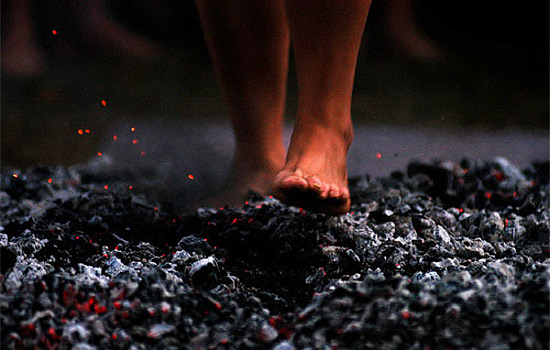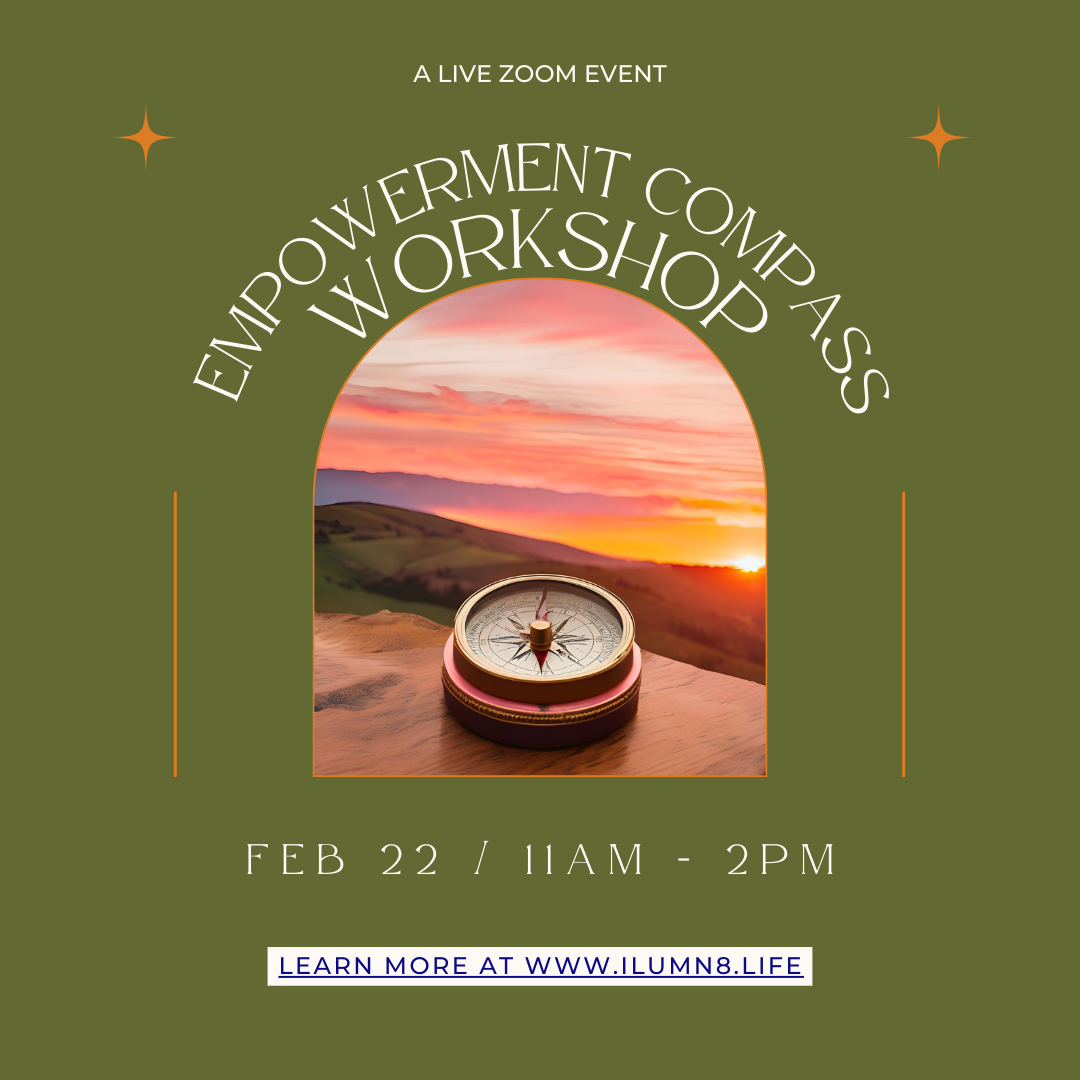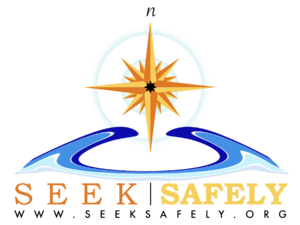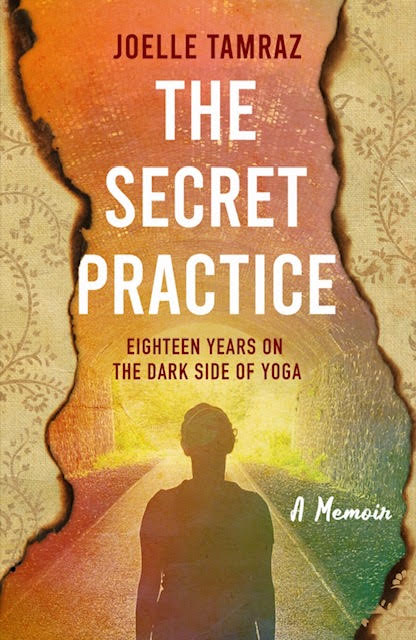
I have been reflecting a lot recently on the events surrounding the deaths of Black Americans–resulting from racial inequality in law enforcement and healthcare. These events have inspired discussions about systemic racism, white privilege, and white supremacy. It has made me wonder: what does racism in self-help look like, and what can SEEK contribute to this conversation, if anything?
My first thought is that in no way do I want SEEK to try to “leverage” this discussion for our own promotion. That happens all too often, and we do not want to do that.
But I have also come to see how not doing anything perpetuates oppression against Black and Indigenous folks in particular, as well as other people of color, especially when there is racism and inequality playing out in self-help.
Black Lives Do Matter, but What Does That Mean in Self-help?
It’s not enough to declare that Black and Indigenous lives matter; that’s just the first step. If we are a non-profit organization whose mission it is to educate the public about self-help and try to bring about a better self-help industry, how does awareness of systemic racism fit into that mission? How can SEEK actively try to work against racial inequality in self-help?
As I approach those questions, three areas of exploration come to mind:
- Cultural Appropriation in self-help. This is the most obvious, and the easiest for me to tackle right away (we have before, too). After all, the reason that SEEK exists is because a white man misused a sacred Native American tradition, and did such a terrible, terrible job of it that three people died. People of the Native American community were victims of what happened in Sedona as much as my family was, and they have graciously stood in solidarity with us since. That example isn’t the only instance of cultural appropriation in wellness and self-help. It exists in the commodification of yoga, mindfulness, meditation, and other spiritual traditions and tools. This appropriation does harm to both the cultures that are mined for their traditions, and the consumers who buy in. I wonder what else SEEK can contribute to a conversation about decolonizing self-help.
- Inclusion (or exclusion) in the self-help industry. Self-help feels like a white people thing. The most successful and famous authors, speakers, and gurus tend to be white. Are the majority of self-help consumers white, too, and if so, why? Is it harder for Black self-help authors to get published and if they do manage that, get the same type of publicity that white authors do? Is there discrimination at the consumer level, which keeps would-be seekers, who happen to be Black, away from self-help events and out of these conversations? And when Black consumers do seek out self-improvement resources, are these the same types of resources or are they different than what white consumers tend to find? Along these lines…
- Self-help that ignores structural inequalities. Part of the puzzle may be that so many self-help concepts, particularly those trumpeted by white “gurus” (but even Oprah does this), tend to focus on the individual while ignoring structural issues. So, when a Black self-help consumer fails to achieve at the level promised by a self-help teacher, life coach, or self-improvement program, does that resource acknowledge the structural inequalities that have impacted this consumer, or does the program tend to put all of the focus (and therefore, blame) on the individual? How does this perpetuate inequality? How does it impact Black seekers?
Anti-Racism and SEEK’s Mission
So what now? Well, as you may have noticed, I have more questions than answers, so I’ll be doing some seeking myself. I think the first action we need to take is to listen. I want to listen to and learn from the experiences of Black and Indigenous self-help consumers. I also want to connect with Black authors and teachers who fall into the category of self-help practitioners, so I can listen to and learn from their experiences as well. I’ll be seeking out the stories of inequality or discrimination in self-help, and I also welcome anyone who wants to reach out to me to share their story. That’s my first step, and we will go from there.
How does all of this fit into SEEK’s mission? I think it fits perfectly. We know there are many issues with this industry that threaten the safety and well-being of its consumers: lack of regulation, lack of industry self-governance, sexism. It’s time we consider how racism and white supremacy may also impact self-help and its seekers. Issues of race are too often politicized, but this should not be interpreted as a “political” stance. Instead, the aim is to learn more about this side of the self-help industry and address it as we can, in keeping with our mission to bring about a better self-help industry.
There are many issues with the #selfhelp industry that threaten the well-being of its consumers: lack of regulation, lack of industry self-governance, sexism. It's time we consider how #racism and #whitesupremacy may also impact self-help and its seekers.Click To TweetA final note: I acknowledge that I am a white woman who lives in this world with an enormous amount of privilege, not just because of my skin color. I also acknowledge the prejudices and ignorance I have acquired because of my skin color. So, I’m treading carefully, but I will probably make mistakes–hopefully fewer as I find more people whose #ownvoices I can listen to, learn from, and share. But when I mess up, call me out. I’ll listen!
Thanks!
Jean Brown






Thanks Jean
Your voice is strong and it is speaking to me